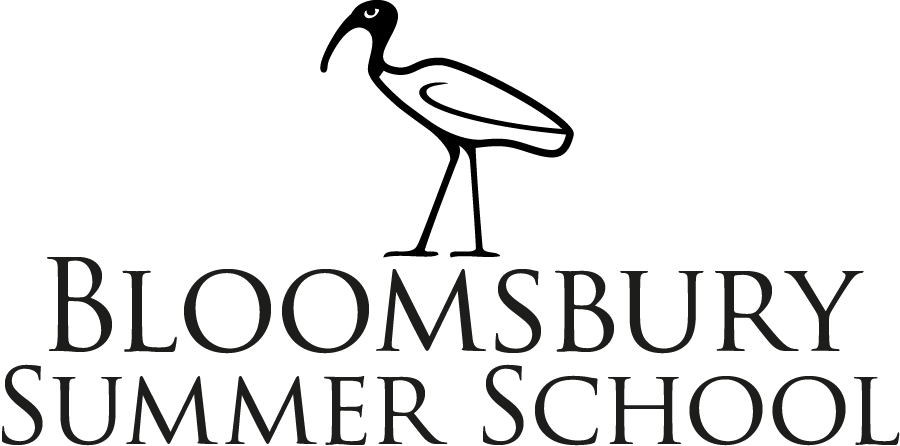
Bloomsbury Summer School

Fascinated by ancient civilisations?
We offer anyone with any level of knowledge, inspiring short courses on ancient Egypt and other areas of the ancient world.
Study Day timetable (Archived)
(Re)Discovering Life in the Nile Valley: New technologies for studying ancient remains – How well do they work?
Saturday 19 September 2020
Time: 10:00 – 17:30 (virtual drinks reception 17:30 – 19:00)
Location: Delivered online via the Zoom video communication platform. Zoom registration and login details will be provided to participants via email.
Programme for the day
Zoom Waiting Room opens at 09:30
10:00 – 10:15
BSS Director’s Welcome Address
10:15 – 11:30
Dr Lidija McKnight: How scientific analysis has Revolutionised the Study of Human and Animal Mummies in Museum Collections: Where are we, how far have we come and where are we going?
In this introductory session, we look back over the past century to discover how the methods of researching life in ancient Egypt through the interpretation of the dead have evolved. We discuss how advancements in our scientific capability have impacted mummy studies and consider what the future of the discipline might look like.
11:30 – 12:00
Coffee / tea break
12:00 – 13:15
Dr Iwona Kozieradzka-Ogunmakin: A Marriage of Convenience or a Match Made in Heaven: Do archaeology and science belong together?
For over a century science has increasingly featured in archaeological research, including in the Nile Valley. This lecture explores the union of archaeology and science through the lens of rigorous research and ethics in studying human remains. Have the two grown closer together or further apart with time?
13:15 – 14:15
Lunch break
14:15 – 15:30
Dr Iwona Kozieradzka-Ogunmakin: Unlocking the Potential of Human Remains: Case studies from Egypt and Sudan
In its infancy, archaeology as a discipline was primarily focused on studying the material culture of the past civilisations, paying little to no attention to human remains. In the Nile Valley, questions about the identity of ancient Egyptians have put human remains on the spot, opening the door of opportunity for many scientific and pseudo-scientific methods of investigation to be tested. This lecture focuses on the contribution of science to our understanding of the past civilisations in the Nile Valley, cultural interactions and identities, mobility, and health among others.
15:30 – 16:00
Coffee / tea break
16:00 – 17:15
Dr Lidija McKnight: The Science ‘Sweet Spot’: As custodians of mummy collections, where should we draw the line? Just how much science is warranted and why?
The concluding session asks the question ‘how much science do we actually need?’ Are we in danger of using science to answer questions unnecessarily, ‘just because we can’? The session will encourage participants to challenge their own preconceptions on how science is applied to the study of mummies and encourage critical evaluation of the portrayal of ancient Egypt by academics and the media.
17:15 – 17:30
Concluding questions / comments
17:30 – 19:00
Virtual drinks reception on Zoom (guests welcome)


